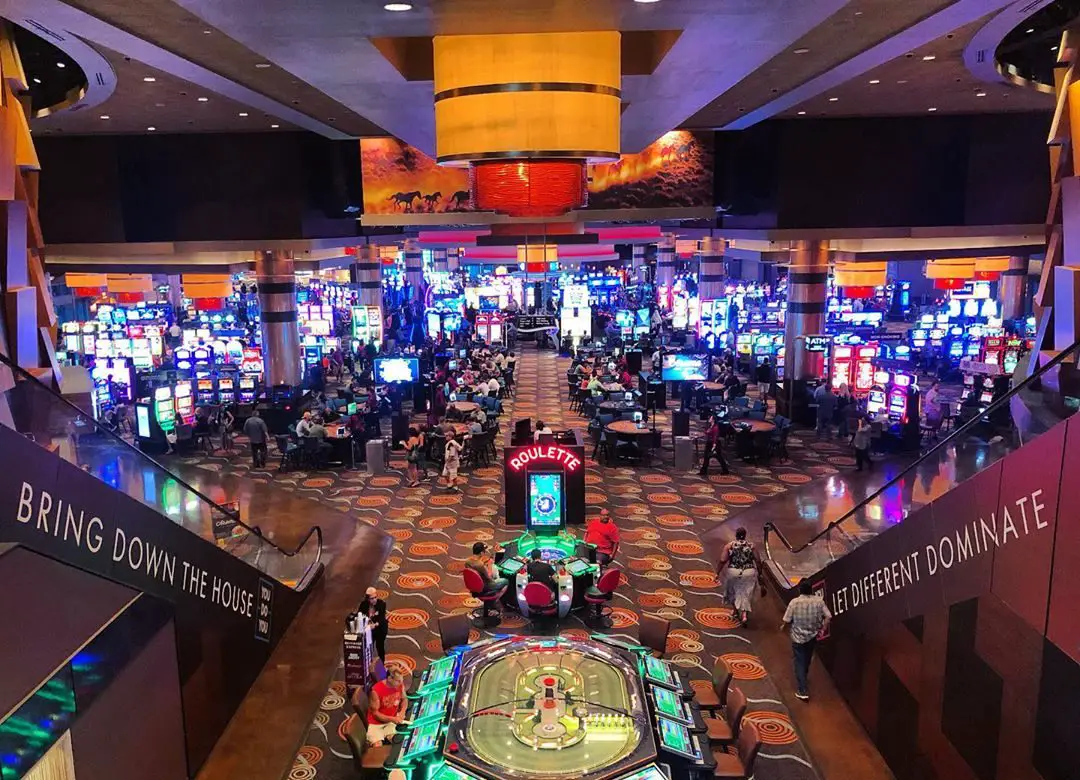
Summer camps have long been a beloved custom, offering youngsters and youth a opportunity to escape the chaos of daily life during the hot months. Over the course of time, these camps have changed significantly, reflecting cultural shifts, culture, and the requirements of parents. From the simple lodges of the early 20th century to the tailored offerings of today, summer camps have modified to provide valuable opportunities that foster self-improvement, connections, and treasured experiences.
As we examine at the past of summer camps, we can see clear patterns and transformations that have defined the way these programs run. The early days focused primarily on outdoor activities and basic survival skills, whereas modern camps now provide a wide variety of specialized activities, catering to varied interests and fostering a path to self-discovery. These shifts not only showcase the flexibility of summer camps but also underscore their profound effect on countless generations of children.
A Early Period: Nineteen Hundreds to Nineteen Fifties
The idea of camps during summer began to take shape in these early 1900s, inspired by the increasing interest in activities in nature and a wish for kids to connect with nature. The first organized camps were often established by teachers and philosophers who believed in the value of experiential education beyond the conventional classroom setting. These initial summer camps were typically concentrated on activities like hiking, water activities, and art projects, enabling kids to connect with nature and foster independence.
By the late 1920s and 1930s, summer camps were growing more popular, accommodating a wider audience and offering a multitude of activities. Camps were set up for various groups, including those specific to young women or young men, with each camp highlighting different themes or skills. This era saw the emergence of structured programs, interactive games, and group exercises that fostered camaraderie and personal growth among campers, laying the groundwork for the varied offerings that summer camps would later be recognized for.
The post-WWII era marked a notable growth in the summer camp phenomenon, driven by an increase in free time and disposable income among families. An increasing number of parents recognized the benefits of sending their children to camp for both educational and social development. New camps started to appear, offering specific programs in sports, arts, and leadership skills. This period set the stage for the transformation of summer camps into diverse environments dedicated to a wide range of interests and personal development opportunities.
The Rise of Specialty Camps: 1980s to 2000s
In the years following the 1970s, summer camps began to evolve significantly, with specialized camps emerging to address a wide range of interests and skills. As society became more dynamic, families sought programs that not only provided entertainment but also nurtured distinct talents in their children. This period witnessed the inception of camps focusing on sports, arts, academics, and even technology, capturing the imagination of young campers eager to explore their passions in an engaging environment.
By the 1970s, the trend toward specialization continued to flourish, fueled by a growing awareness of children’s unique interests. Camps specifically designed for the arts, sports, and science became increasingly well-liked, allowing children to fully engage in their areas of interest. Counselors, often professionals in their respective fields, provided support and advice, creating an enriching atmosphere where campers could explore new skills and build lasting bonds. These camps were instrumental in helping children gain confidence while pursuing their dreams.
The 1990s saw the rise of even more niche camps, with options like adventure camps, wilderness training, and leadership development programs emerging on the scene. Parents recognized the benefits of sending their children to these specialized camps, not just for fun, but for self-improvement and skill acquisition. As camps diversified, they reflected broader societal shifts towards valuing specialized education and experiences, marking a notable evolution in the summer camp landscape that continues to influence camp offerings today.
Modern Innovations: 1990s to Current Era
The Nineties marked a significant milestone for summer camps, as technology began to influence the way programs were organized and delivered. The advent of PCs and the internet opened doors for camps to enhance their offerings. Camps began to incorporate computer skills into their programs, teaching children a range of topics from basic programming to web design. This era also saw the emergence of thematic camps focused on technology, arts, and sports, allowing children to explore specific interests in depth and gain skills that were ever more relevant in the contemporary world.
As the 2000s approached, summer camps began to highlight the importance of outdoor education and environmental consciousness. Programs that promoted sustainability and nature conservation became increasingly popular, reflecting a growing public focus on ecological matters. Camps launched activities like sustainable gardening, wildlife tracking, and eco-friendly crafts, cultivating a connection to nature among campers. This transition not only taught children but also instilled values of stewardship and responsibility for the environment, matching camp experiences with wider cultural trends. Summer Camps Northern Ireland
Today, summer camps persist in evolve by integrating blended learning techniques that merge traditional hands-on experiences with digital interactions. Many camps now offer hybrid programs that allow children to participate in online activities alongside in-person sessions. This adaptability has made summer camps more available, enabling children from diverse backgrounds to engage irrespective of their location whereabouts. Additionally, the focus on mental health and well-being has led camps to prioritize mindfulness and social-emotional learning, helping campers build resilience and interpersonal skills in a nurturing environment.